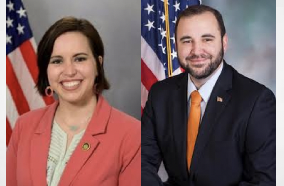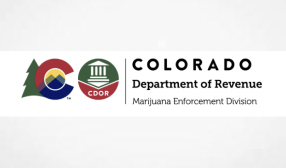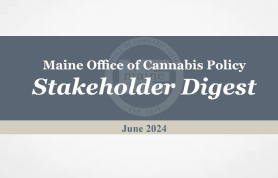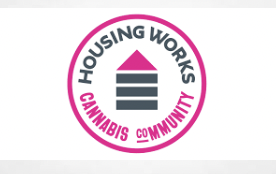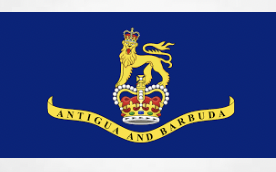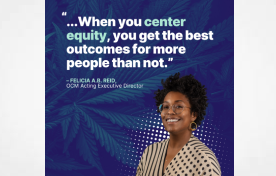The Trinidad & Tobago Guardian
Source: https://www.guardian.co.tt/news/barbadians-warned-about-the-use-of-marijuana-6.2.2019578.a57dbd3ba5
also read https://barbados.loopnews.com/content/superintendent-clarifies-cannabis-legislation
A senior police officer is warning Barbadians that while doctors here can prescribe marijuana, they must however follow a stringent legal process and obtain the necessary permissions from the authorities.
Superintendent Anthony Warner, speaking at the National Council on Substance Abuse (NCSA) panel discussion titled “The Grassroots of Medicinal and Recreational Cannabis,” said there is a common misconception about the role of law enforcement in interpreting legislation.
He told the audience that the police are not responsible for interpreting the law but for enforcing it within the framework established by the state.
“It probably would be a dangerous thing if you have to leave it to the police to interpret the law because they might do it in their own interest,” he said, underscoring the importance of adherence to the legal standards set by the state.
One of the key topics discussed was the recent amendment to the Drug Abuse Prevention and Control Act CAP 131, which introduces a more nuanced approach to handling minor cannabis offences.
Warner said that while the possession of any amount of cannabis remains illegal, the amendment, specifically section 6A, introduces a fixed penalty system for individuals found with 14 grams or less of cannabis. This system allows police officers to issue a ticket instead of making an arrest, provided the individual does not challenge the nature of the substance.
“Before, if you got any amount, a stem, a seed, a stalk, the police could have arrested you for the smallest amount of cannabis. What the law does now, is tell us to give a different approach on how the police would treat that type of offence,” Warner said.
Regarding concerns about cannabis use and the role of medical practitioners, Warner said that while doctors can prescribe cannabis, they must follow a stringent legal process and obtain the necessary permissions from the authorities. He said this ensures that the use of cannabis remains regulated and does not slip into misuse or abuse.
The senior police officer also highlighted the importance of collaboration between the police and the community, saying he believes that such interactions foster mutual understanding and trust, making it safer and more comfortable for citizens to communicate with law enforcement.
Meanwhile, Nursing Officer at the Psychiatric Hospital, Joel Barrow, is urging Barbadians to be fully aware of the potential physiological and psychological impacts of using cannabis.
“Marijuana, also known as cannabis, weed, herb, dank, exo or exotic, gas, and marijuana, is a psychoactive drug derived from the cannabis plant. It interacts with the brain through its two main compounds: THC (tetrahydrocannabinol) and CBD (cannabidiol),” Barrow told the panel discussion.
“THC is the psychoactive compound responsible for the ‘high’ that users experience, whereas CBD is non-psychoactive and used for its medicinal and therapeutic benefits,” he said, detailing the various methods of cannabis consumption.
“People smoke marijuana using joints, bongs, hand pipes, blunts, vapes, or pens,” he said, providing a visual example of someone rolling a marijuana joint.
“Cannabis can also be ingested orally through tinctures, oils, chewing gum, edibles, pills, capsules, beverages, and cannabis-infused butter.”
Barrow elaborated on the physiological and psychological effects of cannabis on the body. Immediate effects include bloodshot eyes due to vasodilation, dry mouth from reduced saliva production, and increased appetite, commonly known as the “munchies”.
“While euphoria might sound appealing, it can also lead to mood swings, hallucinations, and paranoia,” he warned, addressing also the cognitive effects of cannabis.
“These cognitive impairments can result in poor decision-making and increase the risk of accidents, particularly when driving,” he said, highlighting the potential long-term mental health implications of cannabis use.
“Cannabis use is associated with an increased risk of psychosis, schizophrenia, depression, anxiety, and substance use disorders,” he said, addressing also reproductive health concerns including how cannabis negatively impacts sperm count, and disrupts hormonal balances in women, affecting fertility. —BRIDGETOWN, Barbados (CMC)

